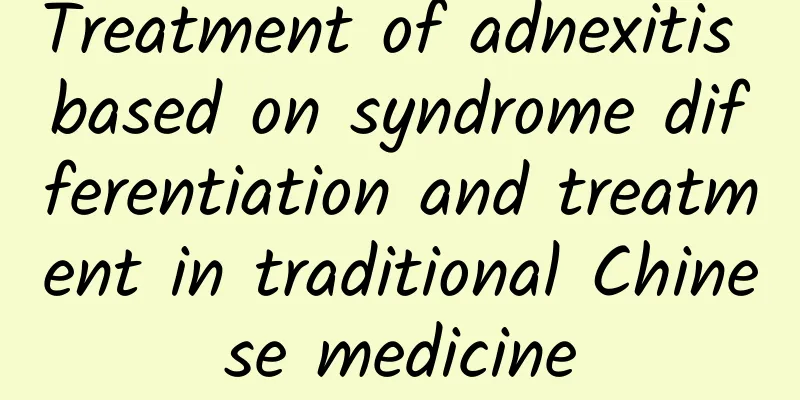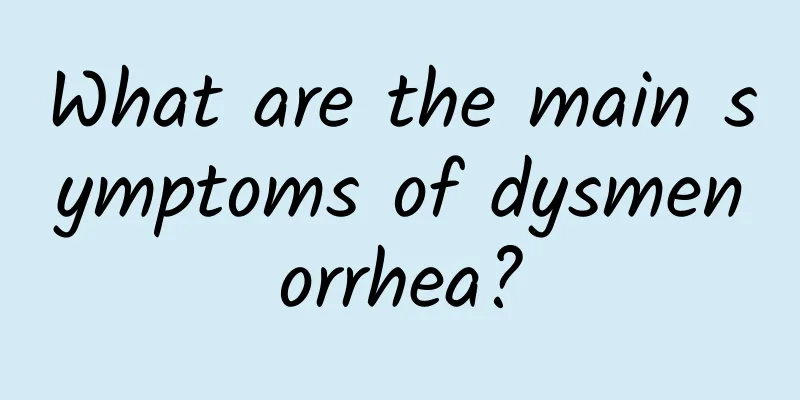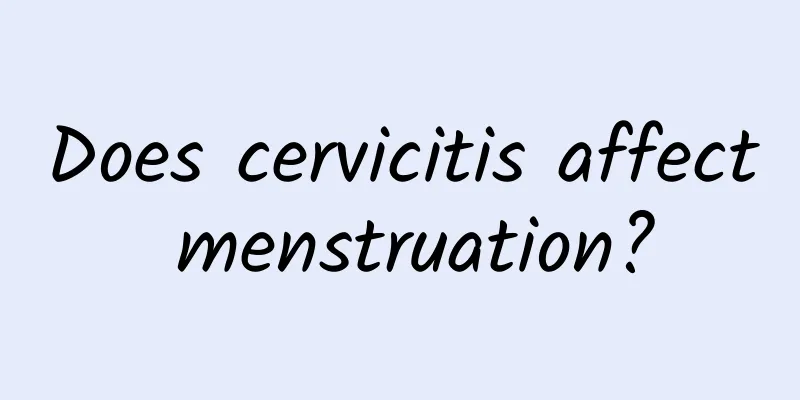Treatment of adnexitis based on syndrome differentiation and treatment in traditional Chinese medicine

|
Grandma Yang is 65 years old. She has been feeling pain in her lower abdomen and a feeling of soreness and heaviness in her lumbar region in recent days. The pain worsens after activities or housework and eases after rest. One weekend, Grandma Yang's daughter-in-law brought her to the hospital for treatment. Gynecological examination revealed a pelvic mass, and B-ultrasound showed an abdominal mass measuring 6.5cm×4.3cm×2.2cm. The tumor marker test was negative, and the diagnosis was: adnexitis, right adnexal inflammatory mass. After one week of antibacterial treatment, the size of the mass did not change, so she was referred to traditional Chinese medicine for treatment. Her tongue was dark red, her tongue coating was thin and greasy, and her pulse was thin and stringy. It was considered to be liver depression, qi stagnation, dampness and heat. Phlegm and blood stasis are treated with traditional Chinese medicine prescriptions, which mainly include bupleurum, red peony root, processed cyperus, green peel, toosendan fruit, red vine, Patrinia, Curcuma, Linderae, Eupolyphaga, processed Arisaema, raw Astragalus and other drugs. All the drugs are used together, decocted in water and taken orally for 7 consecutive doses.During the follow-up visit one week later, the patient reported that he had loose stools 2 to 3 times a day after taking the medicine, and his back pain and abdominal pain symptoms were slightly relieved. The above prescription was removed from the earthworm, and scorched Atractylodes macrocephala, raw Coix seed, Shixiao Powder, and Bayueza were added. The medicine was decocted in water and taken orally for 7 consecutive doses. During the third visit one week later, the patient complained of loose stools once, but stools that were formed the rest of the time, abdominal relief, and loss of appetite. The patient was given peach kernel added to the prescription for the follow-up visit, decocted in water, and taken for 14 doses in a row. After two weeks, the patient complained of occasional backache and abdominal pain, normal bowel movements, and a good diet. Ultrasound reexamination showed a right adnexal mass of 3.0 cm × 1.6 cm × 1.3 cm. The patient was still treated from the perspective of liver depression and qi stagnation, damp-heat, phlegm and blood stasis, and the prescription was adjusted appropriately. The prescription mainly included raw astragalus, red vine, patrinia, raw coix seed, red peony root, cyperus, green peel, lindera, curcuma, peach kernel, processed arisaema, angelica, fennel, and moutan bark. All the medicines were used together, decocted in water, and taken for 28 doses. After four weeks and five visits, the patient complained of occasional lower abdominal pain, palpitations and shortness of breath on cloudy days, red tongue with thin yellow fur, and reexamination with B-ultrasound, and the inflammatory mass had disappeared. The treatment of chest pain was changed to replenishing qi and nourishing yin, while taking into account the treatment of phlegm and promoting blood circulation to improve the outcome. The Chinese medicine prescription was revised, which mainly included Radix Pseudostellariae, Codonopsis, Salvia miltiorrhiza, Raw Astragalus, Angelica, Semen Persicae, Processed Cyperus, Citrus aurantium, Shixiaosan, Curcuma australis, Cortex Moutan and other drugs. All the drugs were used together, decocted in water, and taken for 14 doses. Two weeks later, on the sixth visit, the patient's complexion was good, his tongue was pale red with white fur, his diet and bowel movements were normal, and he no longer had abdominal pain or a feeling of heaviness in the lumbar region. |
<<: Adnexitis may cause premature aging in women
>>: Long-term constipation can lead to adnexitis
Recommend
The main causes of mild cervical erosion
Cervical erosion is a gynecological disease that ...
What to eat for uterine fibroids? What to eat for uterine fibroids?
Uterine fibroids are one of the common gynecologi...
Is irregular menstruation due to problems in which part of the body?
What part of the body is causing irregular menstr...
What are the methods for checking after having an ectopic pregnancy?
Ectopic pregnancy means that during the conceptio...
Female friends must not underestimate irregular menstruation.
Female friends must not underestimate the harm of...
Debunking myths: Can the Golden 8-hour diet help you lose weight?
1. I would like to ask the nutritionist: Can the ...
What causes cervicitis and how to treat it
Cervicitis is an inflammation of the cervix cause...
How to prevent and treat uterine fibroids in daily life
The prevention and treatment of uterine fibroids ...
Who are the people who are prone to uterine fibroids?
Uterine fibroids are increasingly common in middl...
What are the causes of ectopic pregnancy?
Ectopic pregnancy is a common gynecological disea...
In winter, appetite is out of control. Eating too much oily food can relieve greasiness and bring back sweetness without burden.
The temperature is low in winter, and in order to...
What is the reason for lower abdominal pain before menstruation?
If women experience lower abdominal pain before m...
Do you know the symptoms of cervical hypertrophy?
What symptoms do you know about cervical hypertro...
Drink the right tea to slim your belly, Oolong tea can reduce abdominal fat accumulation! 4 tips for drinking oolong tea
Drinking tea has many health benefits, and drinki...
Learn about the causes of recurrent vaginitis
What are the causes of recurrent vaginitis? What ...









